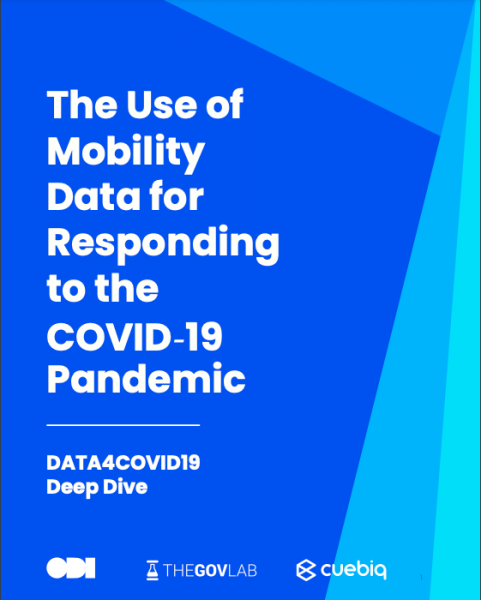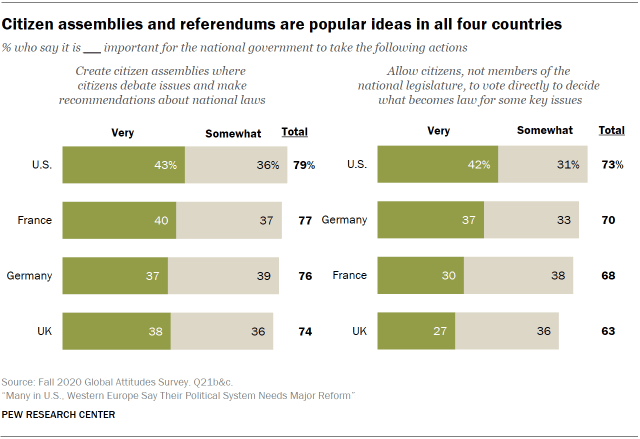Report by The Berggruen Institute: “The COVID-19 pandemic has brought to the foreground the important role of cities in responding to global challenges. Through informal and established international networks, city leaders are connecting across borders and shaping the global pandemic response. City and municipal governments were some of the earliest to turn toward their peers to share information, collaborate, and identify solutions, even as national-level cooperation was often delayed or challenged.
While the pandemic has revealed the necessity of international cooperation, it has also shown the limits of current systems, especially in how multilateral institutions learn from and meaningfully include city leadership. City and municipal governments occupy an increasingly visible and important position in international affairs, are already working together through city-to-city networks on many issues, and engage in international activities often described as “city diplomacy.” Looking forward, rapid population growth in urban areas means many global challenges and the responses to them will be concentrated in cities. Cities will be at the center of the global response to climate change, migration, violence and injustice, health security, economic inequality, and security. Yet the current international system was designed by countries for countries; it is not structured to channel city voices and lacks pathways for cities to influence global governance.
The Berggruen Institute, the Brookings Institution, the City of Los Angeles, and the United Nations Foundation co-organized a virtual workshop in July 2020 titled “The Rise of Urbanization and the Role of City Diplomacy in the Multilateral System” to explore these dynamics further. By bringing together current and former national diplomats, representatives of and diplomats in multilateral organizations, city directors of international affairs, and specialists in international relations under the Chatham House rule, the workshop aimed to reimagine how different levels of government can work together more effectively on issues of global governance. Together, these actors form a novel group to grapple with the issue of city voice in multilateralism. In particular, the group explored opportunities and challenges to building cooperation between cities and the current multilateral system and considered practical, researchable ideas for how the multilateral system might adapt to engage subnational actors to address global challenges….(More)”.


